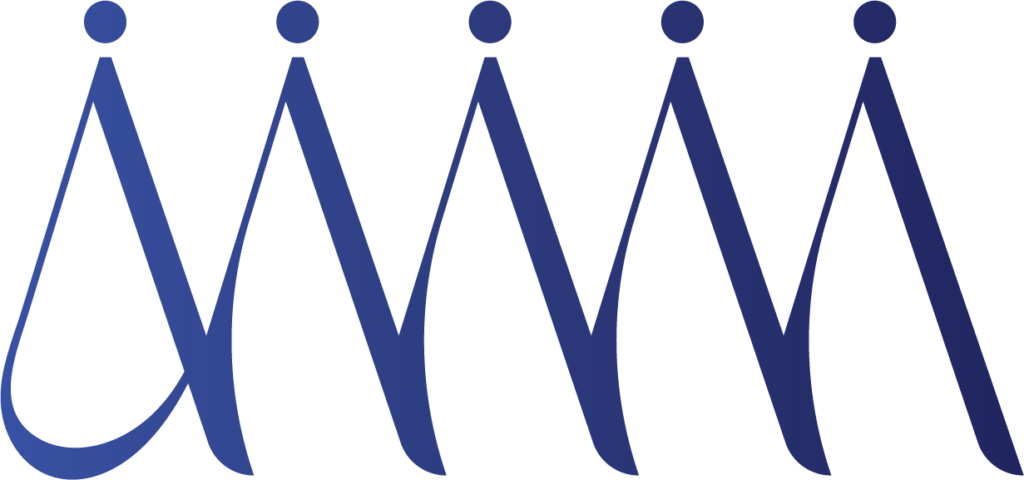After the atrocities of 7 October and amid the devastation in Gaza, remembering the Holocaust rightly is a moral obligation
International Holocaust Remembrance Day was established by the United Nations in 2005. Held on 27 January, it is meant to commemorate those murdered — Jewish and other minorities — by Nazi Germany during the Second World War.
The Holocaust — Shoah in Hebrew — looms large in my life, as it does for most Jews. The history of the Holocaust is taught in Israeli schools all year round, and it is marked on a special Holocaust Martyrs’ and Heroes’ Remembrance Day (Yom HaZikaron laShoah ve-laG’vurah) once a year. Family members from my grandparents’ generation perished in Nazi concentration and death camps, others survived and lived to tell their story. The bravery of one of my relatives, Moshe Bahir, was even recounted in the 1987 film Escape From Sobibor.
Growing up in Israel, I was taught from an early age the central lessons of the Shoah: that Jews can only be truly safe and free within a sovereign State of Israel; that the genocide experienced by the Jewish people presents a warning to people everywhere not to be complacent concerning the murderous intentions of evil regimes; that recognition of our common humanity and protection of human rights are among our highest responsibilities.
Related Posts
Report: Task Force on Antisemitism
The demonstrations that roiled our campuses during the past academic year uncovered deep disagreements about the mission of our University. During those months, consensus around the University’s formal rules and informal norms of behavior broke down, interfering with our charge to educate students and engage in research.
THE CORRUPTION OF THE AMERICAN MIND:HOW FOREIGN FUNDING IN U.S. HIGHEREDUCATION BY AUTHORITARIAN REGIMES,WIDELY UNDISCLOSED, PREDICTS EROSION OFDEMOCRATIC NORMS AND ANTISEMITICINCIDENTS ON CAMPUS
THE CORRUPTION OF THE AMERICAN MIND: HOW FOREIGN FUNDING IN U.S. EDUCATION BY AUTHORITARIAN REGIMES, WIDELY UNDISCLOSED, PREDICTS EROSION OF
